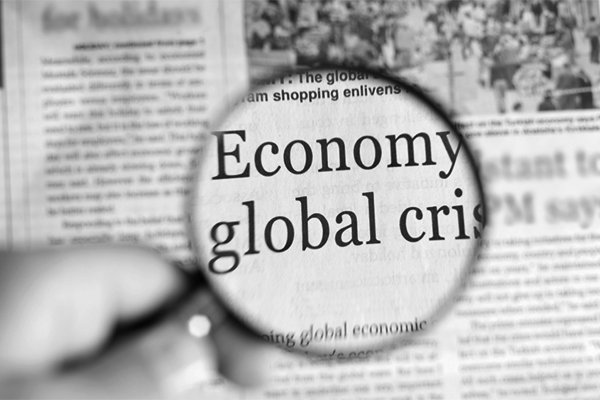2014 has been a remarkable year thus far in terms of international relations. From revolution and war on the fringes of Europe in Ukraine, to the rise of Islamic State in the Middle East, the past several months have seen a number of international crises seize the attention of the world’s governments and media. However, the year of 2014 will not stand alone as a blip of instability on the timelines of future history books. Instead, it is indicative of a new era of international relations, one in which regional instability becomes increasingly likely as states and non-state actors seek to fill the global power vacuum.
Creating the Void
Over the past decade or so, there has been a sharp shift in the structure of the international system. Wars in Afghanistan and Iraq, a crippling financial crisis, and a reinterpretation of what is and what is not in the interests of the state has left the West and in particular the United States, less willing to engage as intensively in world affairs as it has done in the past.
The effect of this lack of will to engage has been the creation of a power vacuum in the system. It may not be as consequential as the gaping hole left in the fabric of international relations following the collapse of the USSR. Nonetheless, the vacuum is large enough to allow states such as Russia and China to become a little more assertive in their regions, knowing that the consequences of their actions are probably less daunting than they would have been before. It is this vacuum, too, that has allowed groups such as Islamic State and Boko Haram to gain strategic footholds in already volatile regions in the Middle East and Africa.
Reinforcing these actors’ moves to fill systemic space are clever communications strategies. Islamic State capitalised on the geopolitical void left in Iraq and Syria through effective digital and social media communication. Meanwhile, Russia’s state-funded news outlet RT this week launched a dedicated UK channel, in a move that will no doubt seek to further reinforce the state’s communication narrative surrounding events in Ukraine.
Regional Instability
The existence of this vacuum means that we are likely to see further regional instability on the international stage for the foreseeable future, as rising powers begin to gain more influence and the West continues to show little interest in comprehensive global engagement. Indeed, the lack of will on the part of the West to get seriously involved in areas that lie outside of its strategic interests has meant that regional issues are allowed to fester, often before spiralling into major security problems. The case of Libya springs to mind, where western engagement came in the form of limited airstrikes in 2011. This type of “pin prick” solution, a form now regularly utilised by the West, left a power vacuum in the country which has been filled by various rebel groups, leaving a geopolitical security problem in its wake and Libya on the verge of collapse.
Hence, 2014 sits alongside the years that will follow it as one in which various international actors have sought to claim a piece of the recently formed power vacuum as their own. The year is not over, and it seems neither is the period of volatility in the international system.

